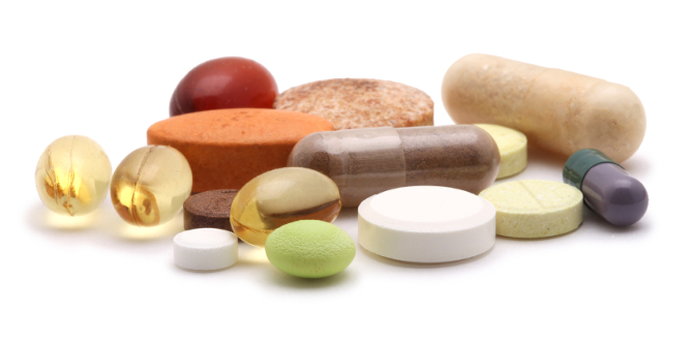There are several essential vitamins for women, which help maintain a healthy mind and a fit body. The required amount of intake of these vitamins varies according to your stage of life. For instance, if you are pregnant, you need more folic acid. If you are in your menopausal years, you need more of the bone-strengthening vitamin D.
1. Vitamin A
Vitamin A includes the carotenoids and retinol. Aside from keeping your eyes healthy and preventing age-related blindness due to macular degeneration, vitamin A also acts as an antioxidant. It neutralizes free radicals, which potentially damage your cells. It also appears to boost your immunity through this mechanism. Beta-carotene, which is sometimes called provitamin A, can be found in fruits and vegetables such as tomatoes, guavas, carrots, pumpkins, apricots and all green leafy vegetables.
2. Vitamin B6
Vitamin B6 or pyridoxine helps in metabolism and in facilitating brain function. It can help you boost your memory. If you are deficient in this vitamin, you can have anemia, poor brain function and even depression. Bananas, cereals, oatmeal, avocados, beans, meat or poultry, and seeds are rich in vitamin B6.
3. Vitamin B9
Vitamin B9, or folic acid, is very important particularly during pregnancy. If you do not take sufficient amounts of folic acid during pregnancy, your child could suffer from a poorly developed nervous system and mental retardation. This vitamin is also important for the production of blood cells, thereby preventing anemia. If you want to ensure that you are taking enough of folic acid, include green leafy vegetables, legumes, fortified grains, eggs and liver in your diet.
4. Vitamin B12
Vitamin B12, also called cyanocobalamin, plays a role in the formation of new cells and in the production of proteins, as well as for good metabolism. Sources of this vitamin include milk, yogurt, cheese, eggs, meat and fish. If you are a vegetarian, you are at a higher risk of deficiency of this vitamin. Therefore, you need to take daily vitamin B12 supplementation.
5. Vitamin C
Also called ascorbic acid, vitamin C serves as an antioxidant and is important in facilitating wound healing. It helps in the formation of collagen, which is needed in great amounts for the repair of wounds. It also helps in the production of new red blood cells, which deliver oxygen to your brain and to the other cells of your body. Vitamin C is present in citrus fruits, grapefruits, strawberries, tomatoes and broccoli.
6. Vitamin D
Also called cholecalciferol, vitamin D actually functions as a hormone and regulates bone homeostasis, together with calcium. It is important in the maintenance of strong and healthy bones. A deficiency of this vitamin can cause you to have osteoporosis. You can get this vitamin by exposing yourself to early-morning sunlight, and eating fish and vitamin-fortified products.
7. Vitamin E
Vitamin E or tocopherol acts as an antioxidant. Aside from its functions in the production of red blood cells and in the maintenance of the integrity of cellular membranes, it has long been proposed that vitamin E can help slow down aging. Sources of this vitamin include nuts and nut products, wheat germ, cod liver oil, corn oil, safflower oil and margarine.



